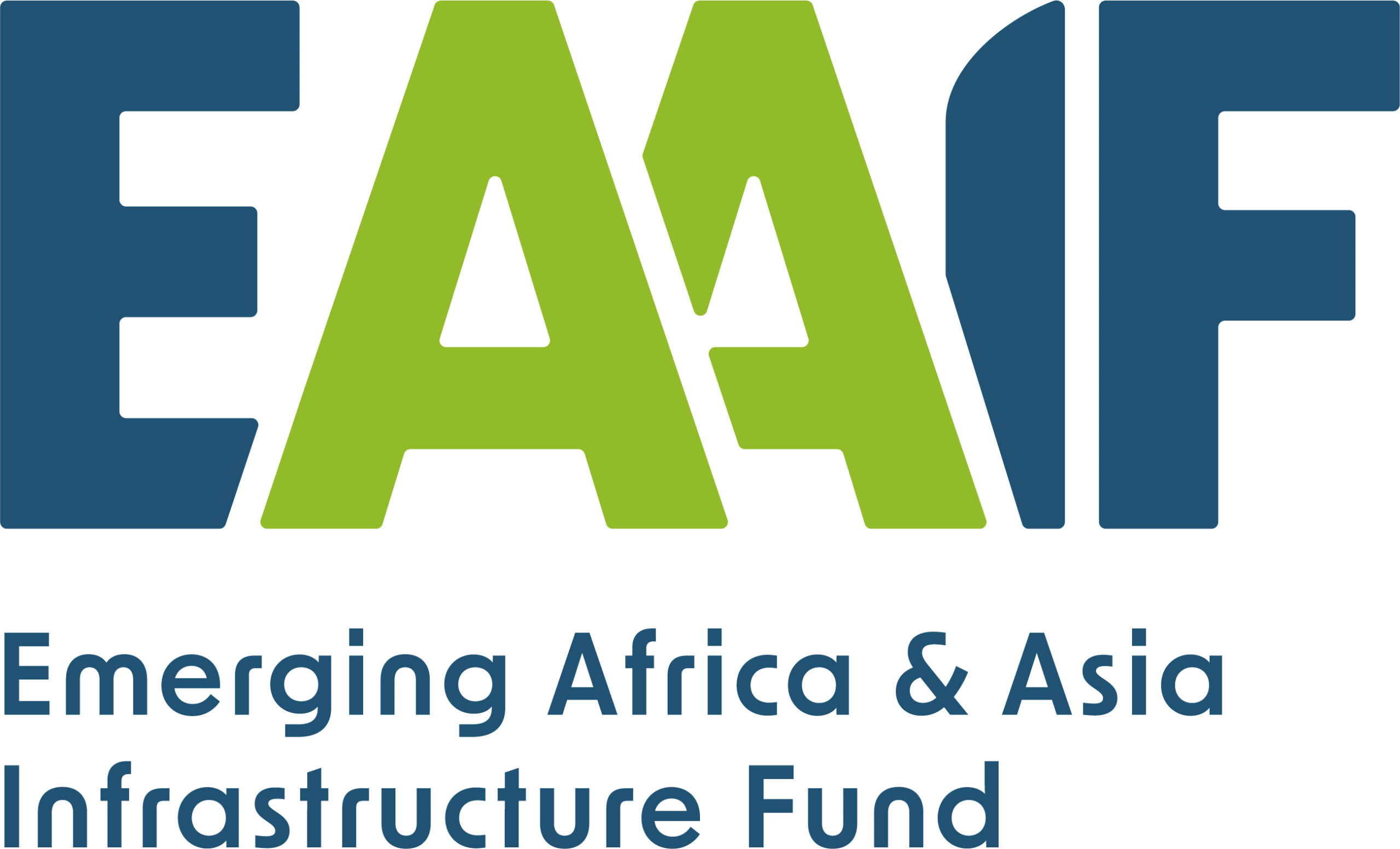Emerging Africa Infrastructure Fund announces first project in Mali
The private sector Malian power plant operator, Albatros Energie Mali (AEM), is to build a 90MW HFO-fueled power station in the Kayes region of the country, adding 30% to Mali’s effective base load electricity capacity. The €123.1 million project has the support of a €5.8 million 15-year term conventional loan and €3.9 million Sha’ria financing facility with a 14-year term, both from the Emerging Africa Infrastructure Fund. It is the Fund’s first project in Mali.
Most of Mali’s locally generated electricity comes from hydro power stations, with a growing proportion supplied by conventional thermal fuels. In periods of drought or low rainfall, hydro becomes less reliable, plus Mali has a limited number of locations suitable for hydro stations. Given the low global oil price, which looks likely to continue, the AEM plant will be beaten on production and supply price only by hydro.
The new plant will also benefit the Mali economy by reducing its power import bill and cutting the need for renting mobile generating capacity. Power from the AEM plant will be supplied to Mali’s national grid and will initially improve reliability of supply to major cities and to low and medium voltage users. As large industries become connected to the grid, the plant will contribute to their power needs.
Construction is expected to take around 16 months. 183 local people are to be recruited to a total construction workforce of 191 people. When operational, the plant will employ 53 staff, 50 being locally engaged.
Mali is ranked among the 25 poorest countries in the world. In 2015, The African Development Bank reported that Mali’s electrification rates remain very low, at c55% in urban areas and c15% in rural towns and villages.
“Experience worldwide shows that creating a reliable electricity generating sector is the single most important element in helping fragile states fight poverty, build economic confidence and unlock human and commercial potential,”” says EAIF Executive Director, Emilio Cattaneo.
Mali becomes the 21st sub-Saharan country in which EAIF has made loans to private sector projects, since the Fund was set up in 2002.
“EAIF was established with the primary objective of stimulating economic development as a means of reducing poverty. Alleviating poverty is essential to a stable and progressive economic development, “added Mr Cattaneo.
EAIF is member of the Private Infrastructure Development Group (PIDG). Another PIDG business, GuarantCo is providing a 14 ½ year guarantee facility of €3.8 million to AEM’s Mali development. A third PIDG facility, the Technical Assistant Facility (TAF) assisted AEM with US$500,000 of funding towards project development costs.
Seven governments (and The World Bank) currently contribute funds to PIDG. In the case of EAIF, support comes from the governments of the UK, The Netherlands, Sweden and Switzerland, as well as private sector banks, the German development finance institution, KfW and its Dutch equivalent, FMO. GuarantCo is supported by the governments of Australia, the UK, Sweden, Switzerland and The Netherlands, through PIDG and the FMO, the Dutch development finance organisation.
EAIF is managed by Investec Asset Management (IAM), one of the largest third party investors in private equity, credit, public equity and sovereign debt across the African continent.
The Head of EAIF at Investec Asset Management, Nazmeera Moola, says,
“The financing of this project in Mali was structured to maximize access to both Western and Islamic financing. For the first time EAIF has participated in a project that includes an element of Sha’ria finance. This experience deepens and widens our existing strengths as a high-quality lender of choice to African infrastructure developers.”
